A few days ago we attended a Biodynamic Wine Workshop.
Juan Gallego, a very well-known sommelier in Spain (alicantiavinos.com), was in charge, with the special attendance of Joan Pastor, oenologist of the winery Joan de la Casa.
The main aim of this workshop was to introduce us to the world of Biodynamics, explaining its history, the main features, and finally, the way it’s implemented in wine making by tasting 8 biodynamic wines, 5 from Alicante (Spain) region and 3 from France.
What is Biodynamics?
Biodynamics defines a method of organic farming, based on studies of Rudolf Steiner, founder of anthroposophy. Biodynamics is fully related to ecological, economic and social aspects, and attempts to define healthy and sustainable farming techniques.
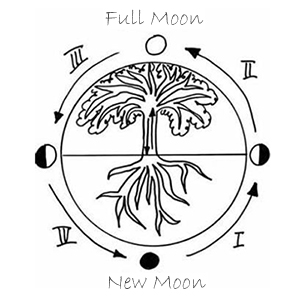 How does biodynamics affect to wine-making?
How does biodynamics affect to wine-making?
It is mainly based on the principles of diversification, reuse and recycle, use plant products, animals and minerals in order to balance natural and vital processes of the earth, the plants and the fertilizers.
Lunar cycles serve as a guide for agricultural, wine and harvest works.
Organic? Biodynamic?
Founded in 1924, Biodynamics is the oldest ‘green’ farming and gardening movement, and forerunner of organics. Often described as organic plus, it is founded on a holistic and spiritual understanding of nature and the human being, and builds on the pioneering research work of Rudolf Steiner, and his series of Agricultural Lectures given in 1924
Time for tasting biodynamic wines! 🙂
We tasted 8 biodynamic wines, 3 Joan de la Casa (Benissa, Alicante), 2 Rafa Bernabé (Villena, Alicante), 2 Zusslin (Vin d’Alsace, France) and 1 Coulee de Serrant (Loire, France).
Let me share with you my tasting notes…
- El Carro 2015 (Rafa Bernabé vine grower, Alicante – Spain)
White wine made from Moscatel de Alejandría grapes (Muscat). 11,5% alcohol, fresh, easy, golden brightness, jasmine aromas.
Approx Cost 12€.
My mark: 8/10 points.
- NIMI 2012 (Joan de la Casa, Alicante – Spain)
White wine made from Moscatel de Alejandría grapes (Muscat). 15,5% alcohol.
Its old-gold colour pigment is obtained by macerating the wine whilst in contact with skins of the grapes. The aromas are hardly noticeable when served cold, but as it gets warmer, you can find toffee and honey aromas. The taste is similar to a Mistela (dessert sweet wine typical of the Alicante region), without any sweetness at all. Has a salty touch.
Approx Cost 10€.
My mark: 7/10 points.
- Musikanto 2015 (Rafa Bernabé vine grower, Alicante – Spain)
Rose wine made from Garnacha Peluda grapes (“Hairy Grenache“) 14,5% alcohol, farm flavours, reddish rose colour, dry and mineral taste.
Approx Cost 12€.
My mark: 6/10 points.
- NIMI TOSSAL 2013 (Joan de la Casa, Alicante – Spain)
White wine made from Moscatel de Alejandría grapes (Muscat). 14,5% alcohol.
Aged for 12 months in wooden barrels without corrections.
Clean golden colour, citric honey aromas, very soft in mouth. Refreshing with wisps of wood.
Approx Cost 10€.
My mark: 8/10 points.
- Les Vieux Clos 2013 (Nicolas Joly, Vignobles de la Coulée de Serrant, Savennières – France )
White wine made from Chenin Blanc grapes. 13,5% alcohol.
Clean, bright golden colour, vegetal and flower aromas, very dry in mouth. Perfect acidity.
Approx Cost 25€.
My mark: 7/10 points.
- Zusslin Bollenberg Gewurztraminer 2011 (Domaine Valentin Zusslin, Vins d’Alsace – France)
White wine made from Gewurztraminer grapes. 12,5% alcohol.
Bright straw colour, croissant and flower aromas, soft and sweet in mouth with a touch of “granny smith” apple acidity.
Approx Cost 23€.
My mark: 7/10 points.
- Zusslin Riesling Clos Liebenberg 2007 (Domaine Valentin Zusslin, Vins d’Alsace – France)
White wine made from Riesling grapes. 14% alcohol.
Golden bright wine, very aromatic with flower aromas, very smooth in mouth with persistence.
Incredible wine, perfectly bottle-aged for 9 years. Someone still thinks that organic/biodynamic wines can’t be stored for years?
Approx Cost 23€.
My mark: 9/10 points.
- TERRA FITER 2012 (Joan de la Casa, Alicante – Spain)
White wine made from Giró grapes (type of grenache frown in Marina Alta – Alicante). 14,5% alcohol.
Aged for 12 months in wooden barrels. No yeasts added during the fermentation process. Neither clarified nor filtered.
Ripe and super rich fruit along with soft, dry tannins
Approx Cost 11€.
My mark: 9/10 points.
For further information about the wine makers:
Other sources about Biodyanamics:


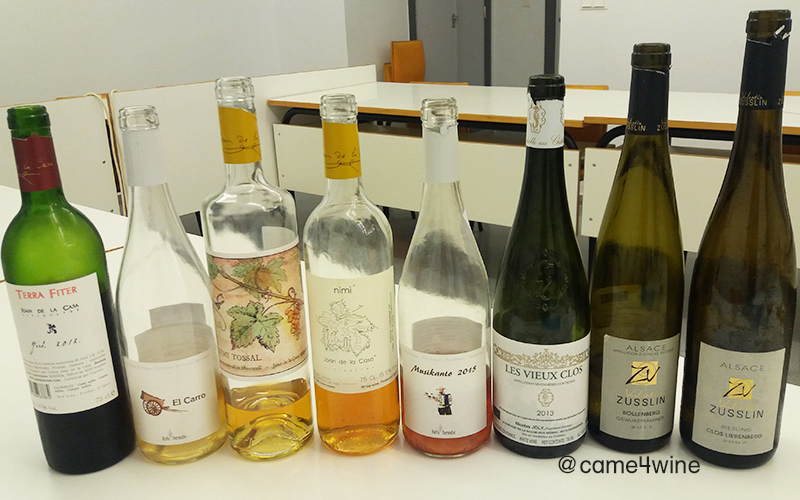
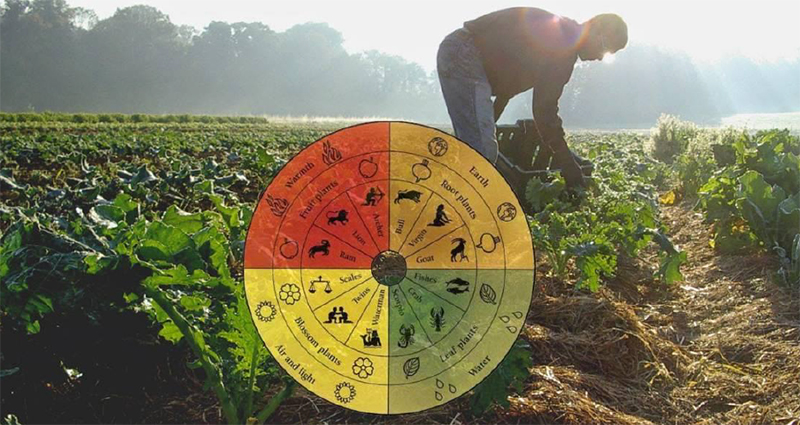
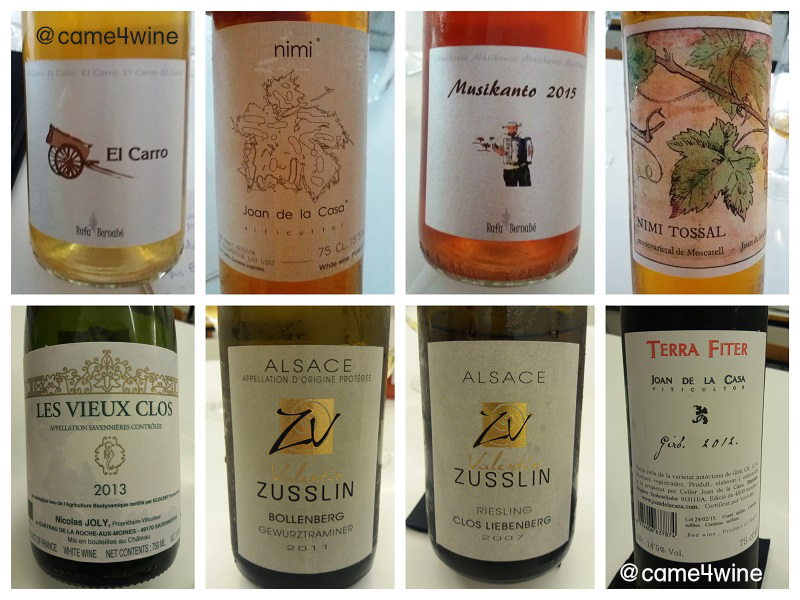
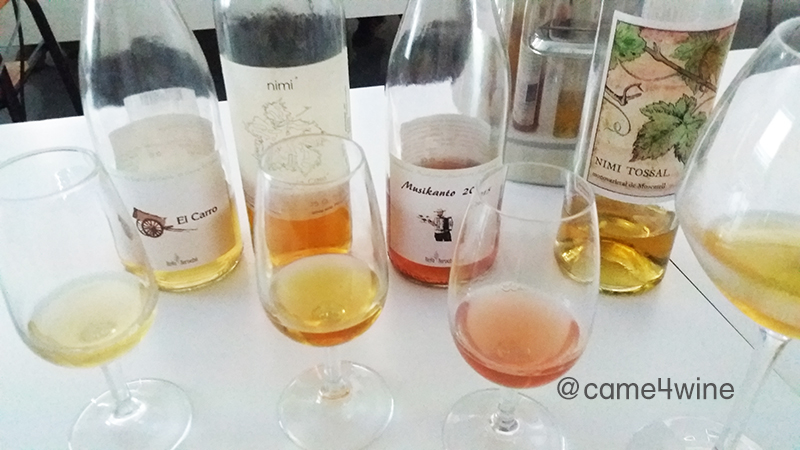
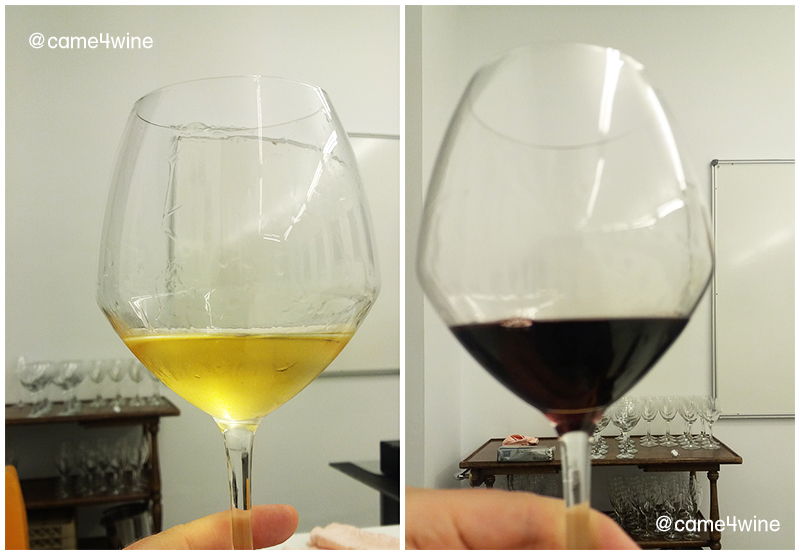
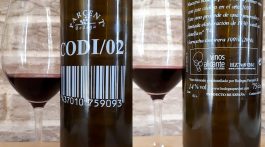
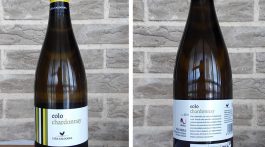
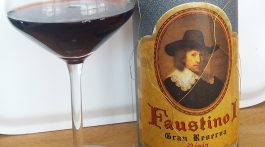
No Comment